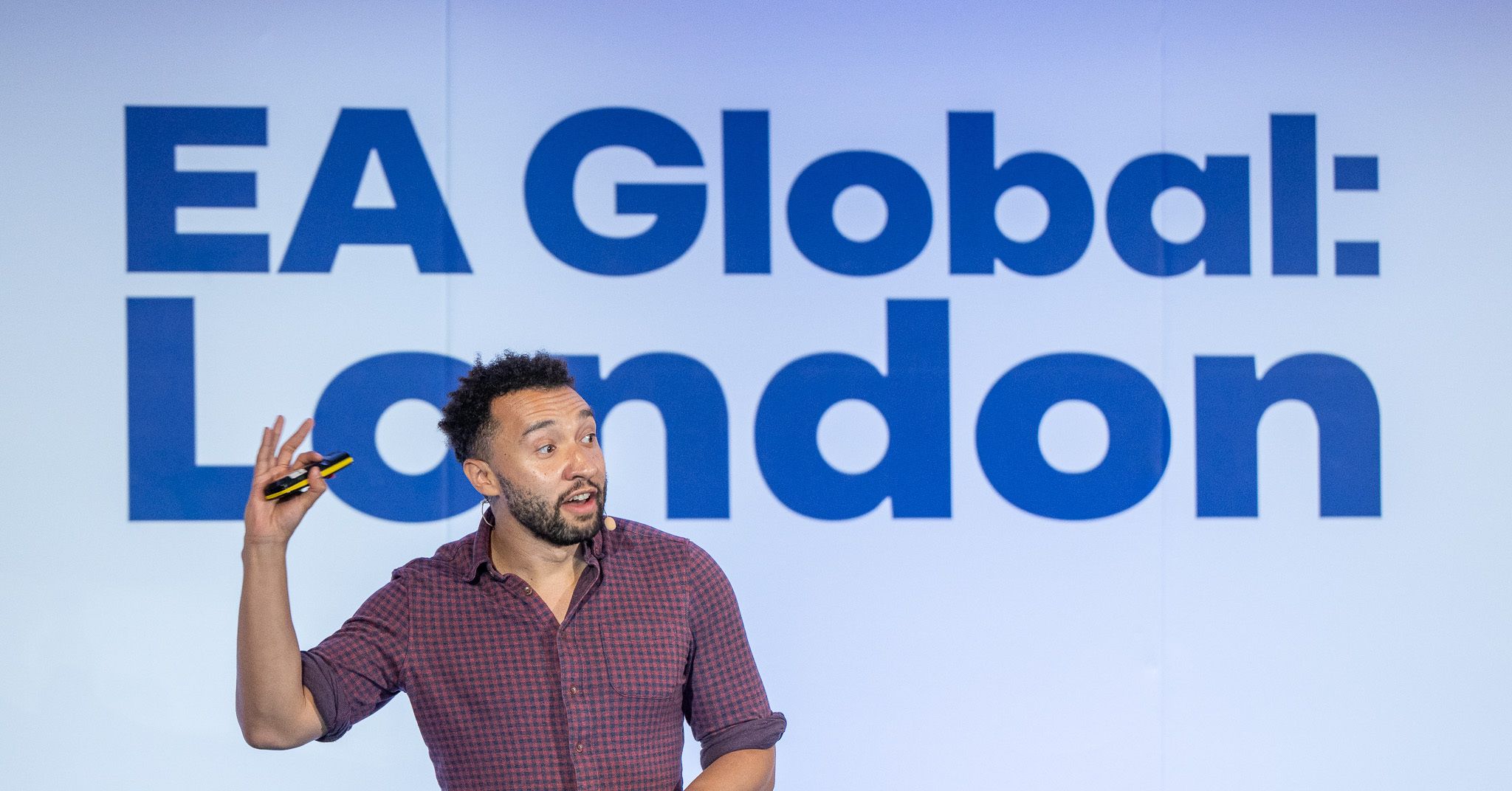I recently asked the Giving What We Can Community Facebook Group, “Are there any works e.g. movies, books or music that inspire you to be altruistic?”
I believe this is important because stories we have taken to our hearts can fundamentally influence our choices. In the documentary ‘The Final Year’ President Obama explains this influence as follows: “Sometimes we think people are motivated only by money, or they’re only motivated by power, these very concrete incentives. But, people are also inspired by stories…So it’s worthwhile to listen to other people and ask them questions about the stories that are important to them”.
Trying to use our resources to help others the most can give rise to frequent moments of doubt, guilt, and emotional and physical fatigue and it’s valuable to have such stories to help you see through these times. In turn, these stories offer further motivation, conviction and inspiration when our efforts are being rewarded.
I hope some of the items listed below can give rise to these effects for you and please accept this list as a gift from my heart to yours <3
Also, please feel free to add your own recommendations in the comments for the good of all EAs 😊
Music
You Are My Sister- Antony and The Johnsons
O Magnum Mysterium- Morten Lauridsen
Concerning Hobbits- Howard Shore
Nimrod (Enigma Variations)- Edward Elgar
Land of Hope and Glory- Edward Elgar
God Moving Over the Face of the Waters- Moby
When It’s Cold I’d Like to Die- Moby
Cavalleria Rusticana: Intermezzo- Pietro Mascagni
Parsifal: Prelude to Act 1- Richard Wagner
Parsifal: Act 3: “Hochsten Heiles Wunder!”- “Erlosung dem Erloser”- Richard Wagner
Lohengrin: Prelude to Act 1- Richard Wagner
Prayer of Compassion- Michael Fitzpatrick
A Change is Gonna Come- Sam Cooke
Nella Fantasia- Jackie Evancho
Bridge Over Troubled Water- Simon and Garfunkel
Ave Maria, Opera 52 No 6- Franz Schubert
Jupiter, the Bringer of Jollity- Gustav Holst
Documentaries
He Named Me Malala (available on Netflix)
The Strange Life and Death of Dr Turing
City of Joy (available on Netflix)
JRR Tolkien ‘1892-1973’ – A Study Of The Maker Of Middle-Earth
Human, All Too Human – Nietzsche
Winston Churchill: A Giant in The Century
Aung San Suu Kyi: Lady of No Fear
(Tuesdays with) Morrie Schwartz: Lessons on Living
Movies
The Lord of The Rings
Hacksaw Ridge
A Christmas Carol
Gandhi
Up
The Green Mile
Schindler’s List
The Shawshank Redemption
Long Road to Freedom
The Thin Red Line
The Act of Killing
Books
The Lord of The Rings- JRR Tolkien
Winnie the Pooh- A.A. Milne
The Wind in the Willows- Kenneth Grahame
Terry Pratchett
Cixin Liu
Three Worlds Collide- Eliezer Yudkowsky
Harry Potter and the Methods of Rationality- Eliezer Yudkowsky
Cloud Atlas- David Mitchell
Turtles All The Way Down- John Green
The Fault In Our Stars- John Green
Unsong- Scott Alexander
The Long Way to a Small Angry Planet- Becky Chambers
A Closed and Common Orbit- Becky Chambers
Walden or Life in the Woods- Henry David Thoreau
The Street Lawyer- John Grisham
On the Shortness of Life- Seneca The Younger
An Easter Greeting- Lewis Carroll
Tuesdays With Morrie- Mitch Albom
Poems
Invictus- William Ernest Henley
Those Winter Sundays- Robert Hayden
For Katrina’s Sun Dial- Henry Van Dyke
Turn Again to Life- Mary Lee Hall
The Laughing Heart- Charles Bukowski
If You’re Going To Try, Go All the Way- Charles Bukowski



Perhaps not EA-related, but as a refreshing change from the apparent focus on villains in both "literary" and "genre" fiction, I'd recommend Anna Funder's 'All That I Am' and 'Stasiland'. They are based on the stories of resistors to the Nazi regime and the East German GDR regime, respectively. 'Stasiland' is non-fiction (long-form journalism) and also includes stories from informers/ex-Stasi police, but most of the focus is on the resistors. 'All That I Am' is based on the life of a person whom the author, Anna Funder, knew personally.